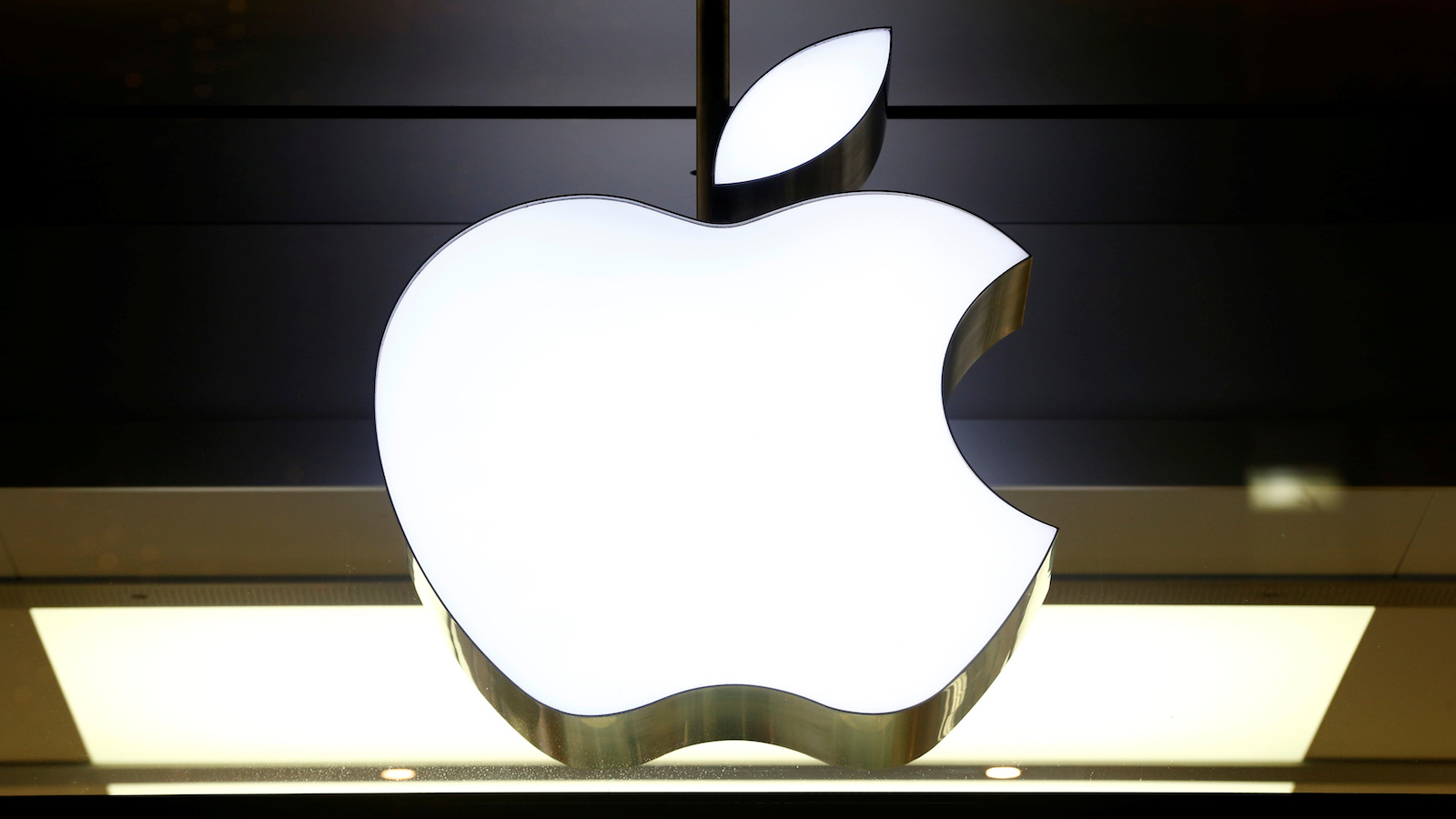You'll no longer need to restart your Mac to install security updates
Apple's upgrading how it deploys security updates

Apple has upped its security game with a new service that will push critical security updates to users faster.
Revealed during WWDC 2022, the new Rapid Security Response, which is being prepared for iPhones, iPads, and Mac endpoints, will help ensure the latest updates are deployed quicker than ever before.
While details are scarce, we do know that Apple will stop bundling security updates with full system patches, and that these will not require a device reboot in order to take effect.
Share your thoughts on Cybersecurity and get a free copy of the Hacker's Manual 2022. Help us find how businesses are preparing for the post-Covid world and the implications of these activities on their cybersecurity plans. Enter your email at the end of this survey to get the bookazine, worth $10.99/£10.99.
Rapid Security Response
Usually, iOS and macOS device owners would have to wait for a full system patch, to get improved security on their devices. Not only does that take plenty of time, but many users refrain from installing these updates altogether.
With Rapid Security Response, however, key updates “can be applied automatically between standard software updates.”
Another key change is that some upgrades will no longer require the device to be restarted, but will, instead, take effect as soon as they are installed.
According to MacRumors, the feature is already available in the developer beta version of iOS 16, under the Automatic Updates section. In the section, there’s a new toggle whose explanation reads that “some updates may only take effect once you restart your iPhone,” key word in this sentence being - some.
Are you a pro? Subscribe to our newsletter
Sign up to the TechRadar Pro newsletter to get all the top news, opinion, features and guidance your business needs to succeed!
Apple has also introduced a unique security feature called Safety Check, that allows abuse victims to quickly and seamlessly cut all ties with their abusers. Among other things, Safety Check allows users to remotely disable messaging on secondary devices, or turn off location tracking.
Face ID, a feature that allows Apple device owners to unlock their devices with their faces, rather than passwords or fingerprints, has also been upgraded to support landscape mode. So far the feature was confirmed to be working on iPhone 13 Pro and an iPhone 12 Pro Max.
Sead is a seasoned freelance journalist based in Sarajevo, Bosnia and Herzegovina. He writes about IT (cloud, IoT, 5G, VPN) and cybersecurity (ransomware, data breaches, laws and regulations). In his career, spanning more than a decade, he’s written for numerous media outlets, including Al Jazeera Balkans. He’s also held several modules on content writing for Represent Communications.
